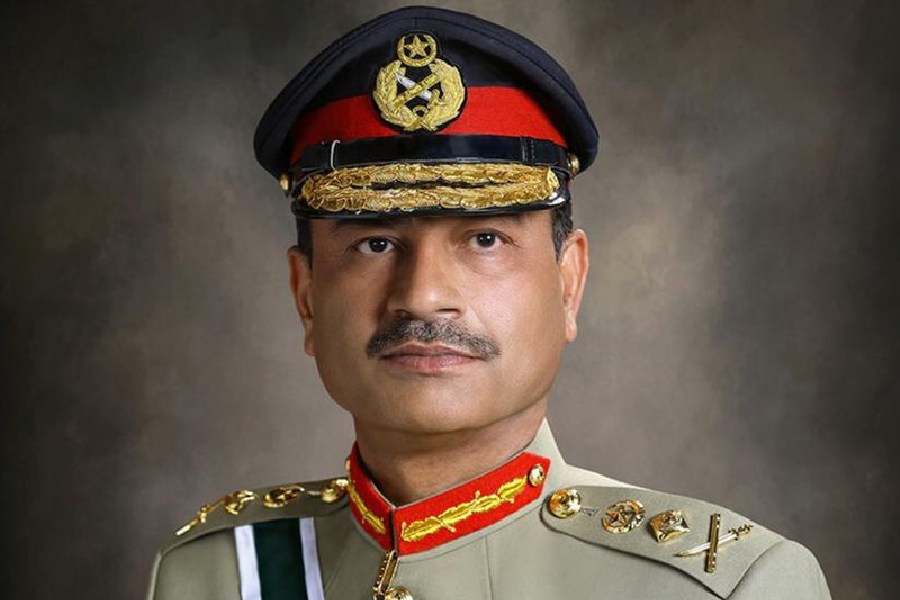Pakistan’s army chief, Asim Munir, has ratcheted up his rhetoric once again with a fierce broadside, declaring, "Our forefathers gave immense sacrifices for the creation of Pakistan. We know how to defend it."
Speaking at a passing out parade at the Pakistan Military Academy in Kakul, Munir forcefully reiterated a claim he had made just weeks earlier before the brazen Pahalgam attack which claimed 26 lives.
"The two-nation theory was based on the fundamental belief that Muslims and Hindus are two separate nations, not one."
He stressed that Pakistan’s existence was the result of unparalleled struggle and sacrifice, and said it was the Pakistan military’s duty to safeguard the nation.
During his address, Munir again insisted, "Muslims are distinct from Hindus in all aspects of life — religion, customs, traditions, thinking, and aspirations." His remarks closely mirrored those he made last week at the Overseas Pakistanis Convention in Islamabad.
At the time, Munir’s comments had already raised eyebrows. But they carried even greater significance yesterday, coming in the wake of the Pahalgam terrorist attack, which has sharply heightened tensions with India.
Speaking earlier at the same event, Prime Minister Shehbaz Sharif struck a different tone, offering Pakistan’s willingness to take part in a "neutral, transparent, and credible" investigation into the Pahalgam incident. However, he too echoed Munir’s earlier rhetoric about Kashmir, saying, "As the founder of the nation, Quaid-i-Azam Mohammad Ali Jinnah, rightly said, Kashmir is the jugular vein of Pakistan."
Sharif also tore into India for what he called a "perpetual blame game," demanding that Pakistan not be automatically accused after such attacks."
The real tragedy in Pahalgam is yet another example of this pattern," Sharif said, adding that "Continuing with its role as a responsible country, Pakistan is open to participating in any neutral, transparent, and credible investigation.
"Munir’s comments last week had already alarmed analysts, with many speculating about what might have triggered his unusually combative tone. One theory is that the military has been under immense pressure after the Balochistan train hijacking, in which 30 passengers were killed. Pakistan at the time accused India of involvement in the attack.
For the first time since Pakistan’s founding, the army’s popularity is believed to be in decline, with widespread public suspicion that it engineered the outcome of the last election to ensure former Prime Minister Imran Khan’s defeat. Khan was jailed soon after the vote.
Adding to the atmosphere of uncertainty, there was considerable controversy last night over reports of a massive fire at Lahore’s Allama Iqbal Airport, which was said to have resulted in the cancellation of all flights. However, Pakistani media later denied these reports.











